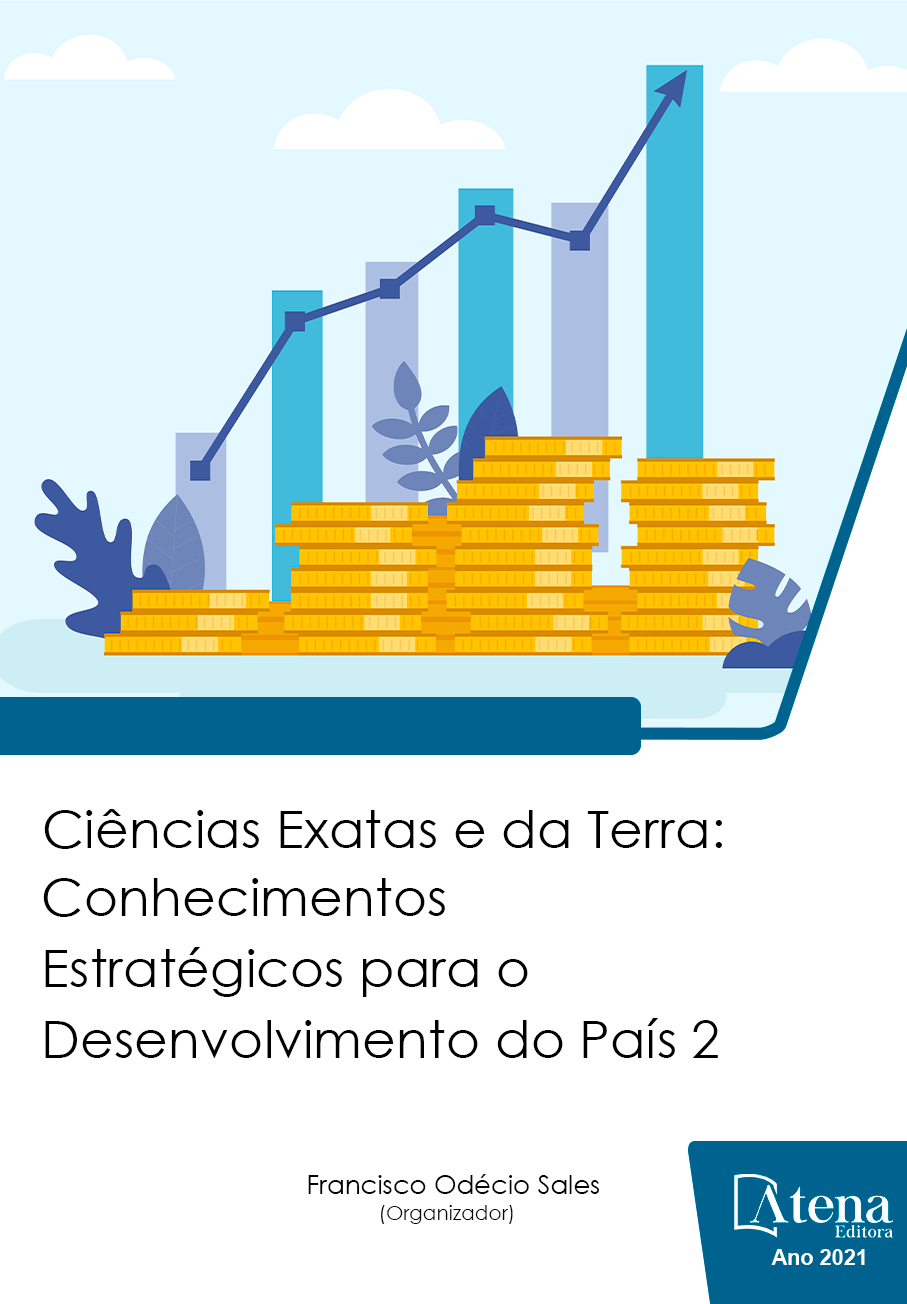
CONSIDERAÇÕES RELATIVAS AS DISCIPLINAS DE CADASTRO NAS ENGENHARIAS DE AGRIMENSURA E CARTOGRÁFICA
O ensino de engenharia de agrimensura e cartografia é realizado no Brasil em 22 cursos em onze estados, com uma grande concentração na região sudeste. Os projetos pedagógicos destes cursos elaborados seguindo as diretrizes do Ministério da Educação foram analisados e os resultados estão apresentados neste trabalho. Em todos os projetos dos cursos é oferecida uma disciplina com a denominação de cadastro, ministrada em geral a partir do sexto semestre com carga horária inferior a oitenta horas. As ementas das disciplinas revelam que o cadastro temático fiscal é uma predominância, pois é aquele mais utilizado nas prefeituras brasileiras, sendo também bastante abordado o cadastro denominado rural com normas específicas elaboradas pelo INCRA. A bibliografia básica das disciplinas de cadastro aponta para uma bibliografia específica escassa principalmente para livros. Espera-se que com a abordagem do cadastro na formação dos engenheiros possamos avançar para efetivamente implantá-lo em todo o território brasileiro.
CONSIDERAÇÕES RELATIVAS AS DISCIPLINAS DE CADASTRO NAS ENGENHARIAS DE AGRIMENSURA E CARTOGRÁFICA
-
DOI: 10.22533/at.ed.1012125067
-
Palavras-chave: Cadastro, disciplina, engenharia de agrimensura e cartográfica
-
Keywords: cadastre, disciplines, surveying and cartography engineering
-
Abstract:
The teaching of surveying and cartography engineering is carried out in Brazil in 22 courses in eleven states, with a great concentration in the southeast region. The pedagogical projects of these courses elaborated following the guidelines of the Ministry of Education, were analyzed and the results are presented in this work. In all the projects of the courses a discipline with the denomination of cadastre is offered, generally given from the sixth semester with a workload of less than eighty hours. The subjects' accounts show that the fiscal thematic cadastre is predominance, since it is the one most used in Brazilian municipalities, being also very approached the cadastre called rural with specific norms elaborated by INCRA. The basic bibliography of the registration disciplines points to a specific bibliography scarce mainly for books. It is hoped that with the approach of the cadastre in the training of the engineers we can move forward to effectively implant it throughout the Brazilian territory.
-
Número de páginas: 19
- Everton da Silva
- Markus Hasenack
- Cesar Rogério Cabral


